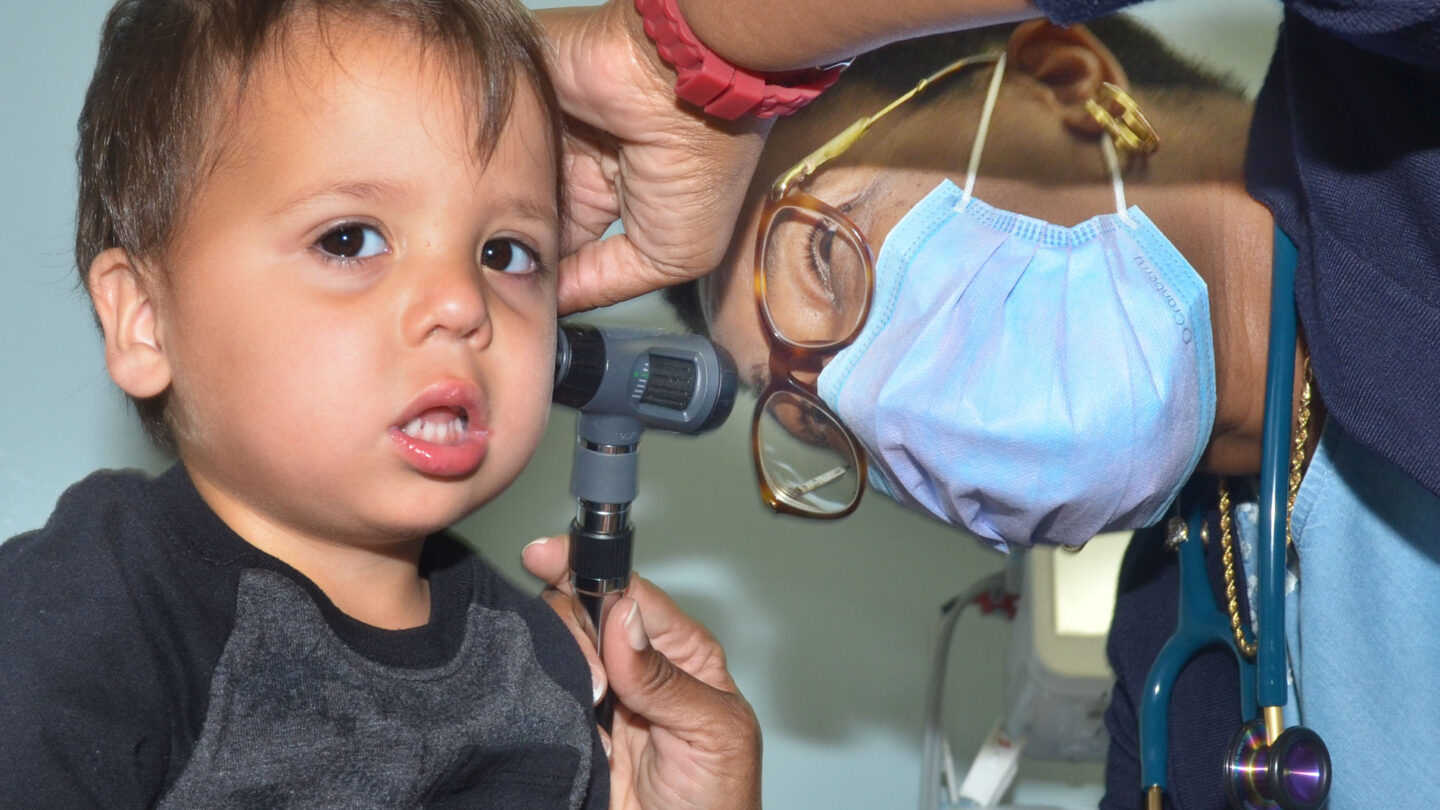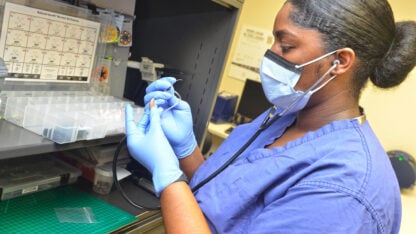More pediatricians and pediatric specialists could soon complete their training in Georgia as part of a federal grant aimed at closing the state’s pediatric-provider gap.
Under the bipartisan federal Children’s Hospital Graduate Medical Education program this year, two metro-area facilities are slated to receive grant funds.
Children’s Healthcare of Atlanta – Egleston Hospital, located at the Emory University School of Medicine campus, will receive $609,453. And Children’s Healthcare of Atlanta – Scottish Rite Hospital will receive $109,511.
The hospitals can use the funding to help pay for medical resident and faculty salaries, as well as resident training programs.
“If you’ve got a child running a high fever, if you’ve got a child who has fallen and may have a head injury, a broken bone, or god forbid, something even worse, you need that health care now,” said Democratic U.S. Sen. Jon Ossoff of Georgia.
“And the idea that you might have to go and wait and wait because there’s a shortage of providers — that is just not acceptable.”
Around half of Georgia counties don’t have a practicing pediatrician, with the shortages especially acute outside of the state’s larger metropolitan areas.
To increase federal support for pediatric funding and expand access to pediatric health care, Congress created the Children’s Hospital Graduate Medical Education program in 1999.
The program, which had $385 million in funding in fiscal year 2023, is overseen by the Health Resources and Services Administration.
So far, it’s helped to train more than 7,000 pediatric medical residents a year at children’s hospitals around the U.S., and supports roughly half of all pediatric residencies, according to the Children’s Hospital Association.
“But future investments do depend upon the ability of Democrats and Republicans in Congress to put aside some of our differences, achieve compromise and continue to invest in the healthcare workforce, particularly for pediatric medicine,” said Ossoff.
Last year, the U.S. senator sent a bipartisan letter with GOP northwest Georgia Rep. Barry Loudermilk and other members of the state’s Congressional Delegation pushing for more funding for the Children’s Hospital Graduate Medical Education program this year.
Data from the Association of American Medical Colleges suggests where a physician completes their medical training can often determine where they ultimately see patients.
Between 2013 and 2022, the data shows that more than half of U.S. medical residents practiced in the state where they completed their residencies.









